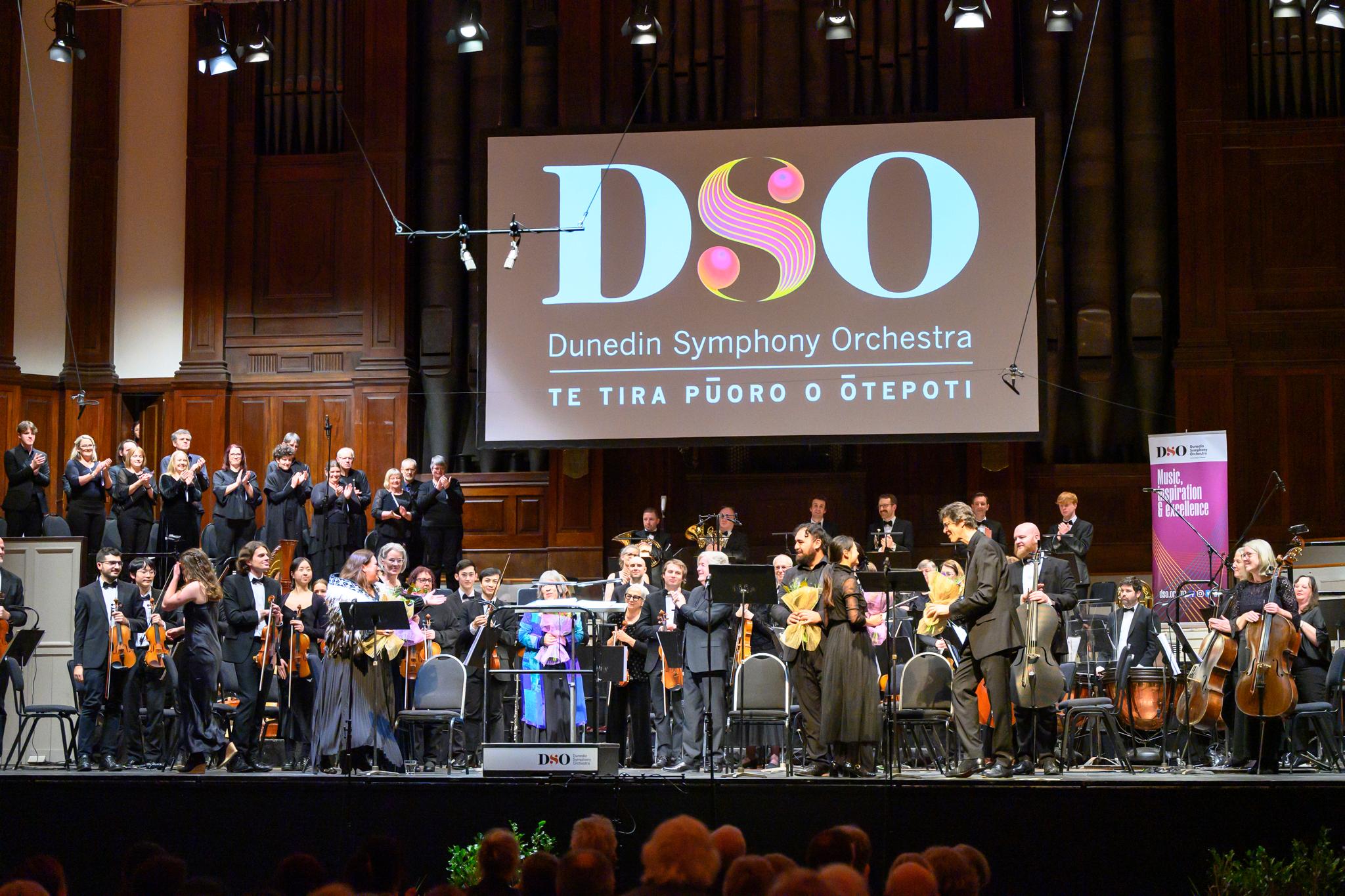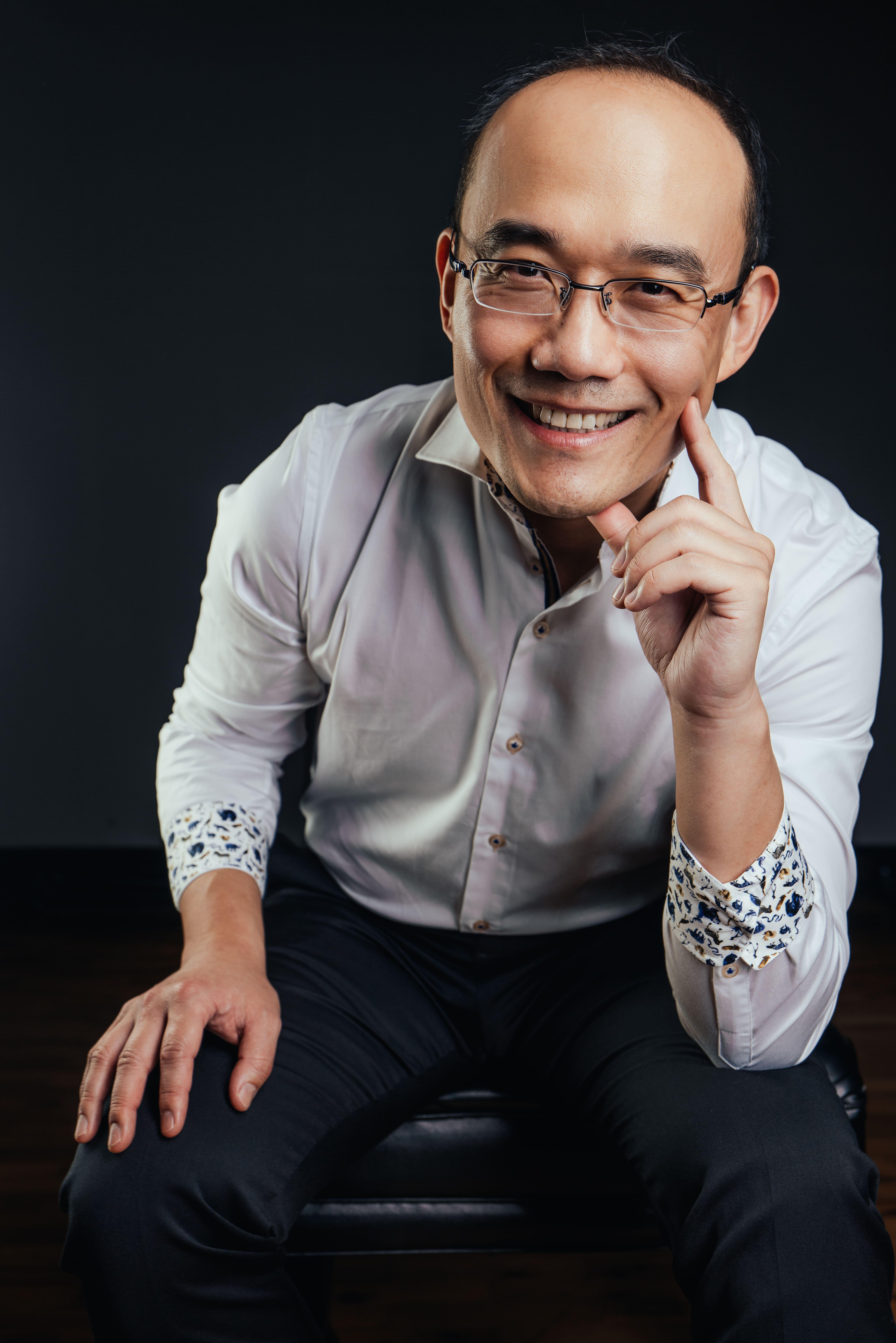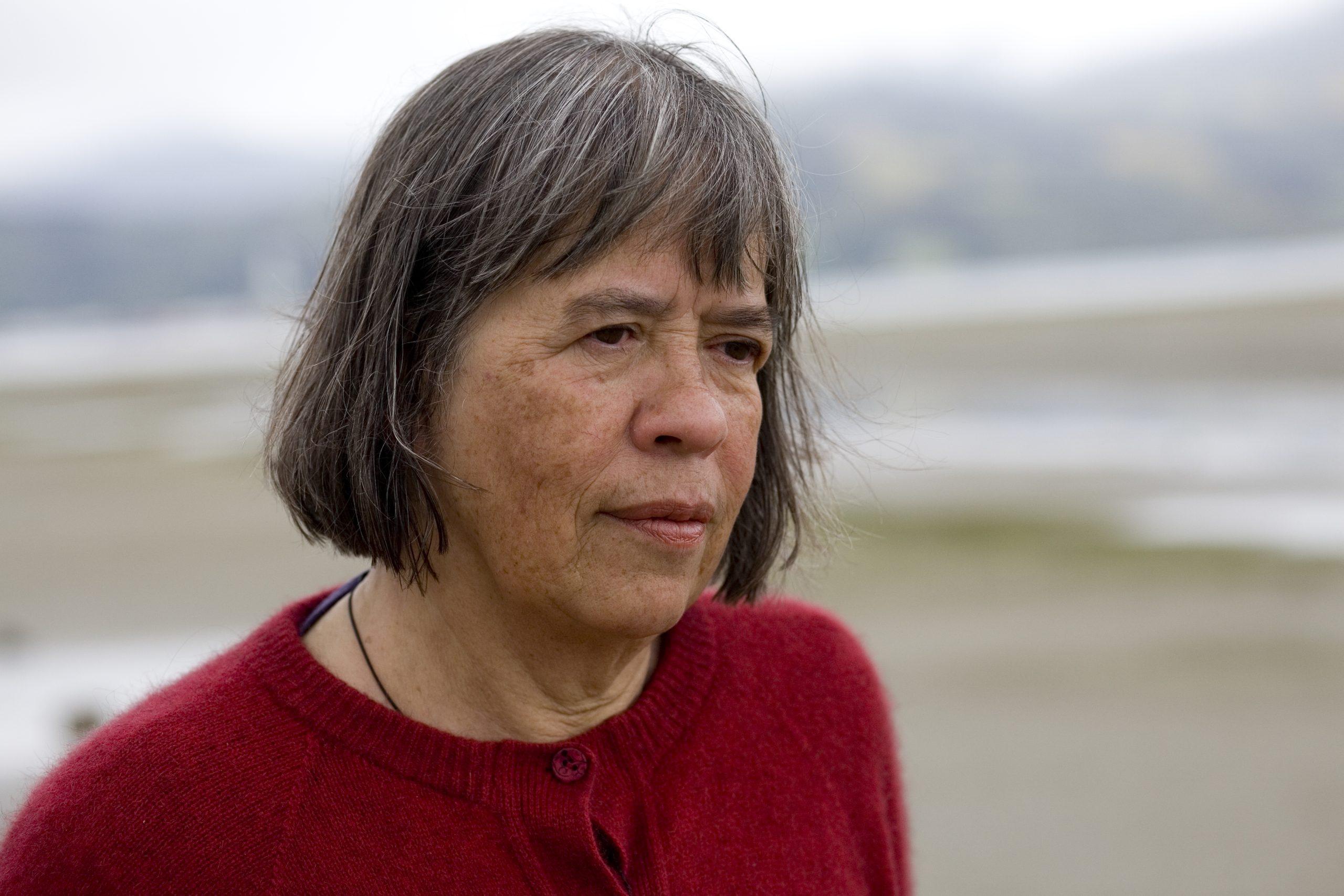News - 01 Aug 2023
Introducing the Forsyth Barr concert 'Haydn’s Trumpet Concerto' Soloist Ralph Miller
Joseph Haydn's Trumpet Concerto was written in 1796 to show off the brand- new keyed trumpet, designed by his friend Anton Weidinger. The baroque trumpet had been limited to the notes in its harmonic series and could only play melodies in the upper register; by the classical era this was considered unsustainable and unfashionable.

However, Weidinger's keyed version brought chromatic scales into a manageable range, breathing life back into the trumpet as a solo instrument. Unfortunately, the new design didn’t really take off, and only a handful of other composers wrote concerti for it – most notably Johann Nepomuk Hummel. It is somewhat ironic that the two biggest pieces in the trumpet repertoire originate from what was essentially a detour in the instrument’s design.
With a lack of instruments and players, Haydn's concerto went largely unheard for about a century after its 1800 première, until the widespread adoption of trumpet valves made it more accessible. Replicas of the original keyed trumpet do exist, but today soloists generally perform the concerto on a modern Eb trumpet - smaller and higher-pitched than usual - which is what I'll be doing.
The concerto is cleverly written. After an orchestral introduction, the solo trumpet teases with an opening fanfare, using the notes audiences would be accustomed to hearing. However, the next entry reveals the lyrical and playful capabilities of the new instrument, setting the scene for the rest of the work. Although it is a relatively simple piece of music, there are plenty of tricky corners to trip up players, the trick being to make it sound delicate and easy.
On top of some focused practice, I have spent the last six months preparing by listening closely to dozens of recordings – and finding endless variation. I look forward to putting it all together with my DSO colleagues, and hope my interpretation demonstrates the respect I have for this important work, and what it represents both musically and historically.
Share article:
Other News & Reviews
Stay Tuned.
Keep current about all things DSO.

2024 Dunedin Symphony Orchestra
(Registered as Dunedin Civic Orchestra Incorporated. Registered charity CC34031.)
Address
PO Box 5571
Dunedin 9054
New Zealand
Hanover Hall
65 Hanover Street
Dunedin 9016
New Zealand











